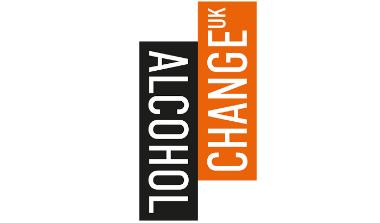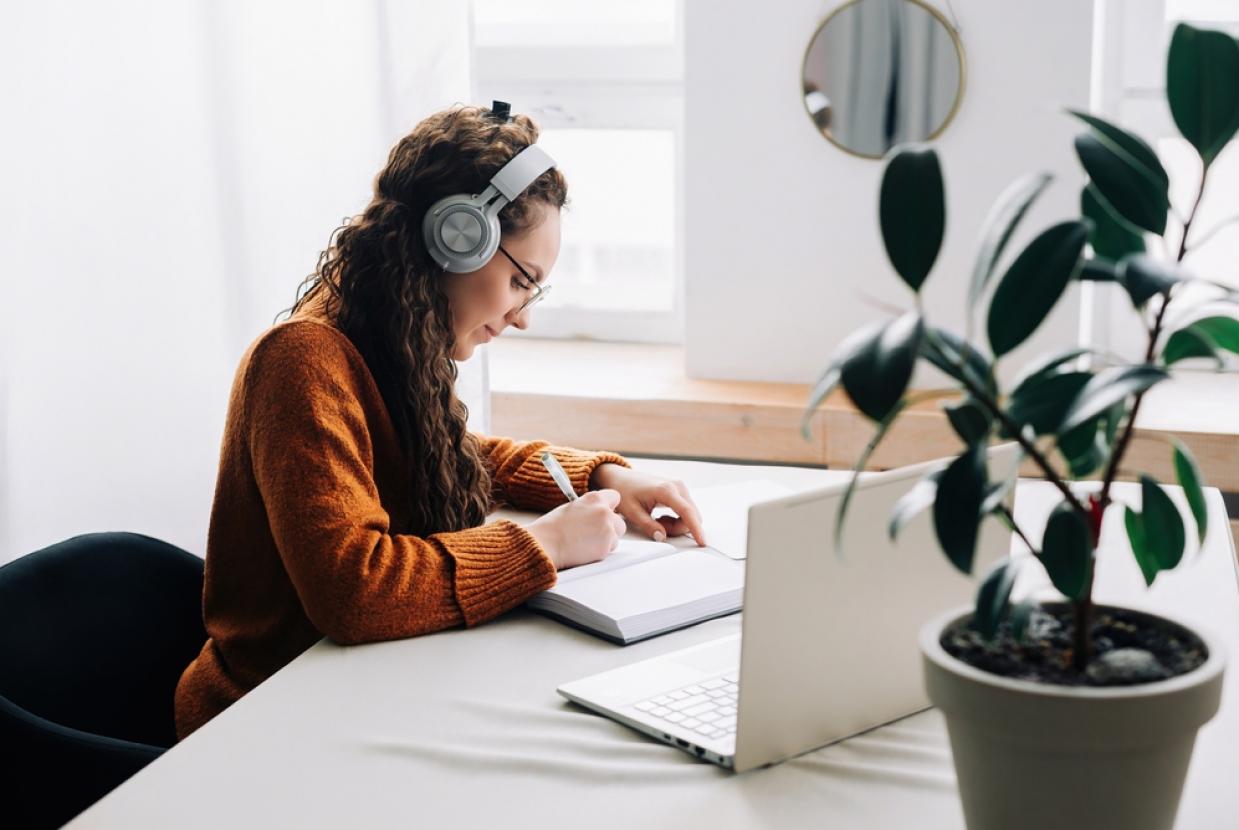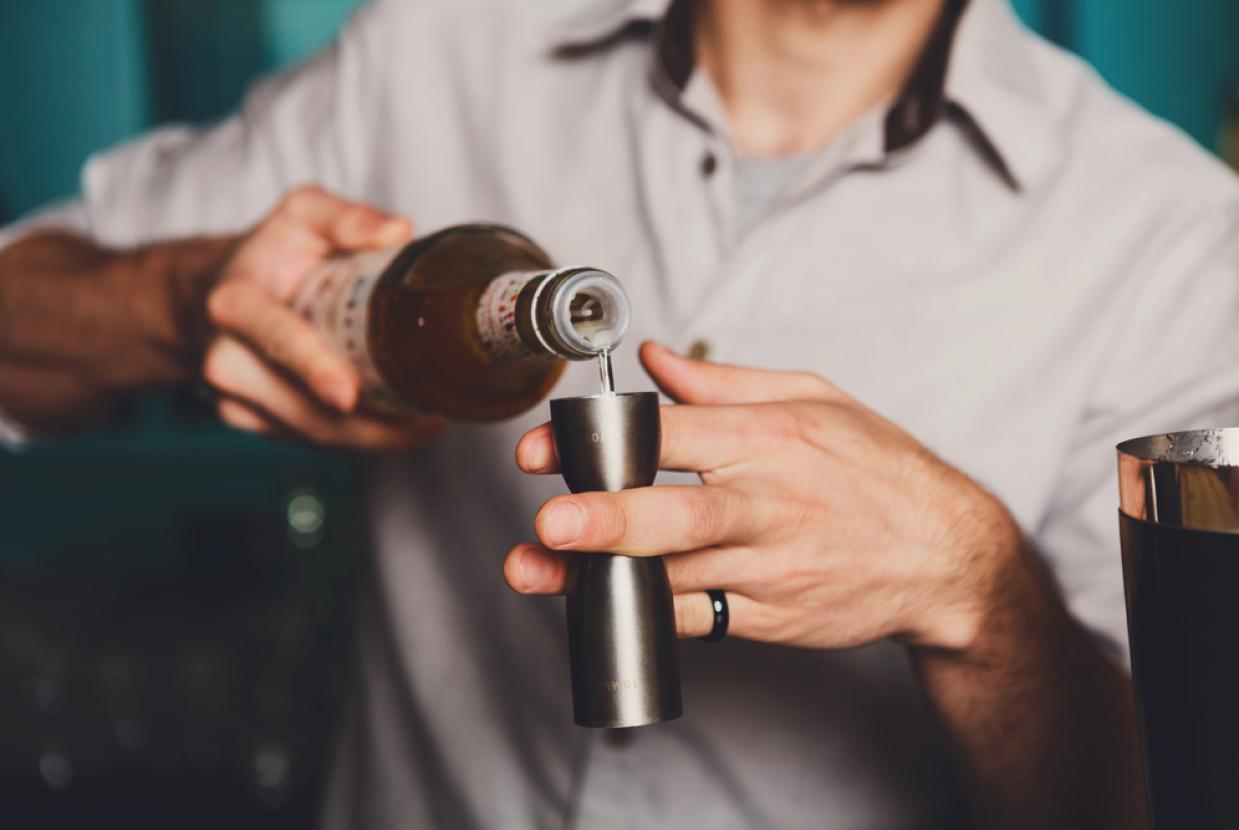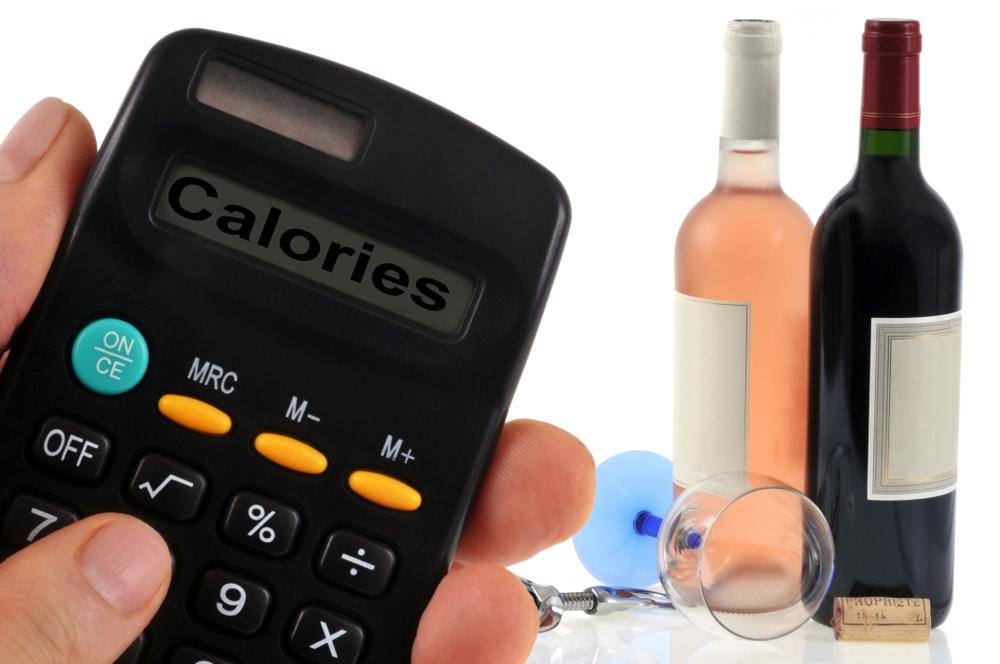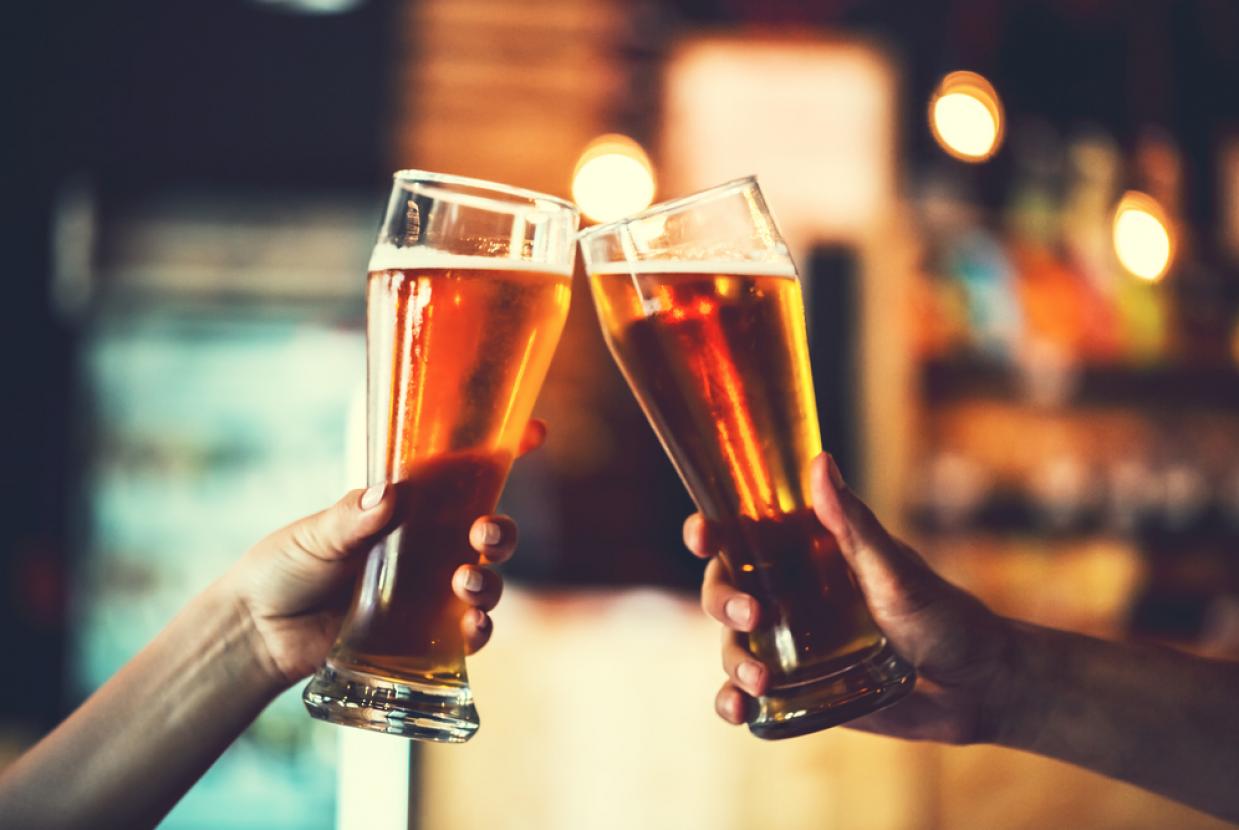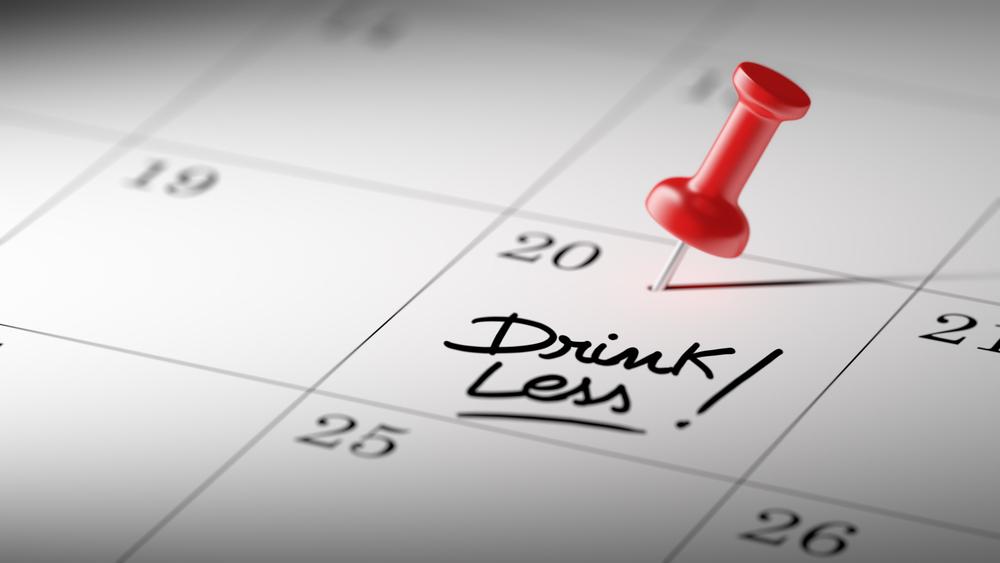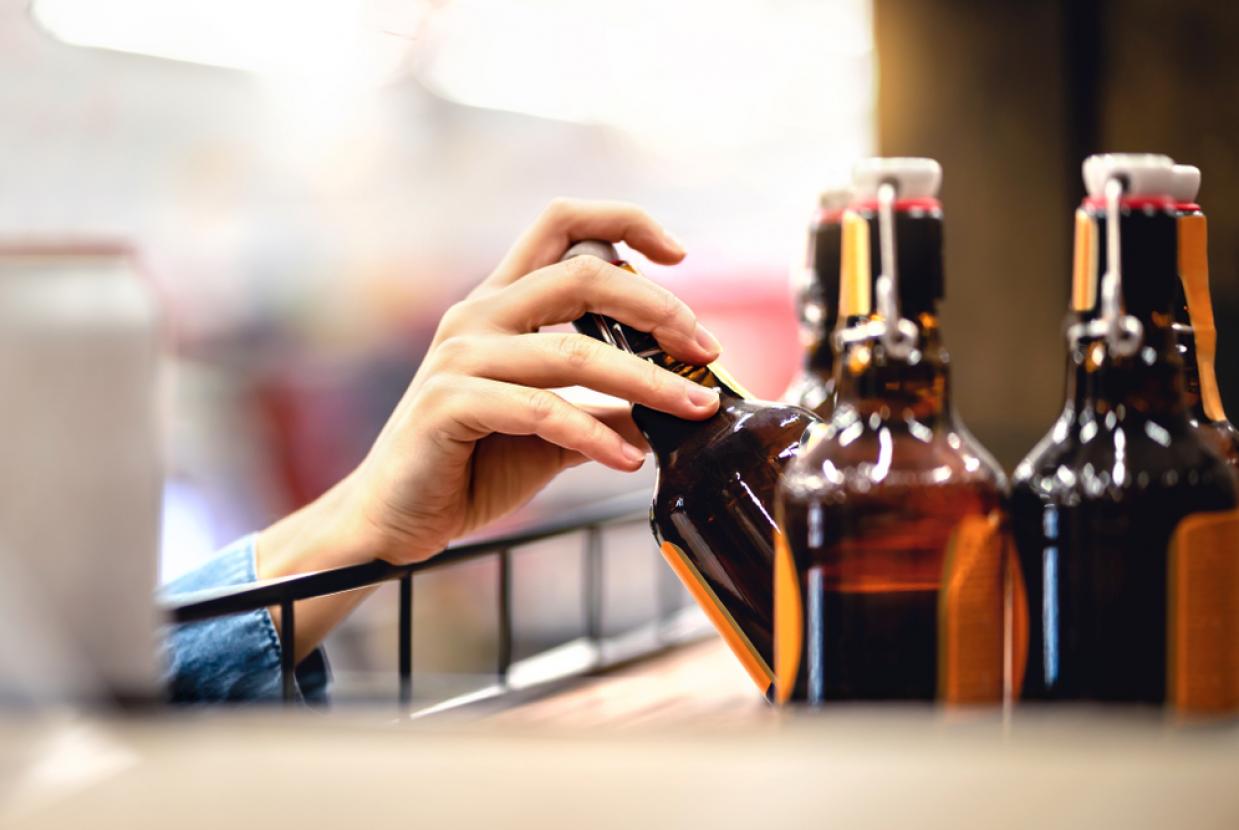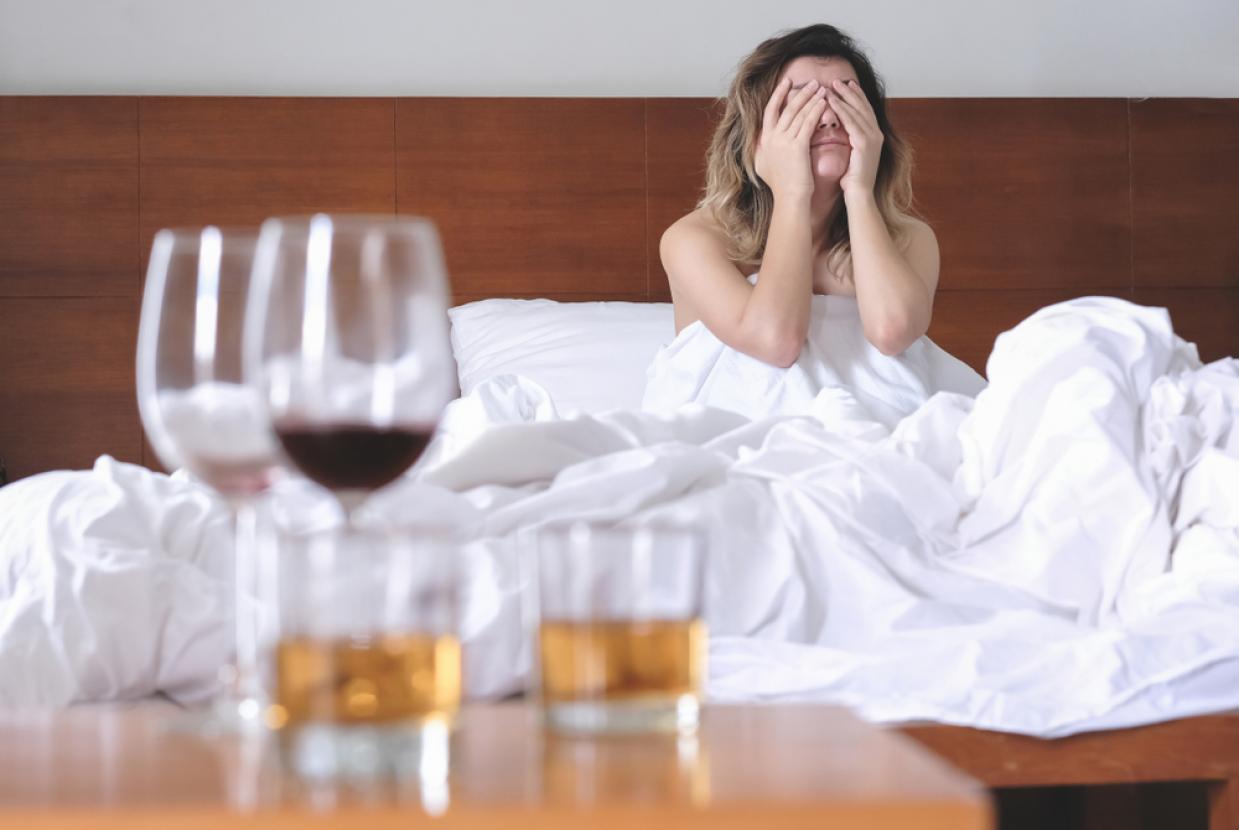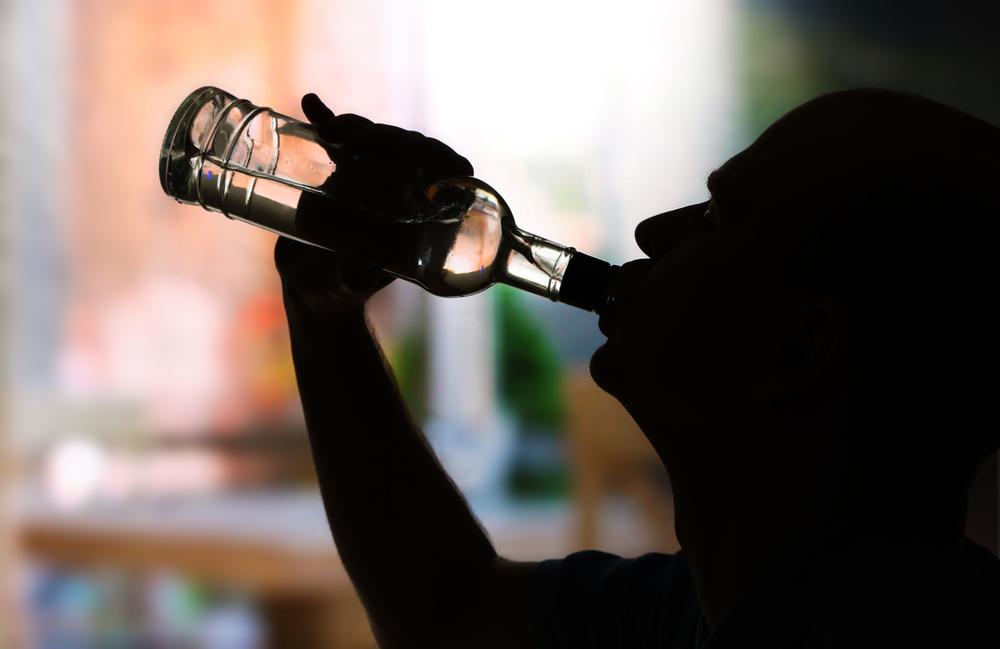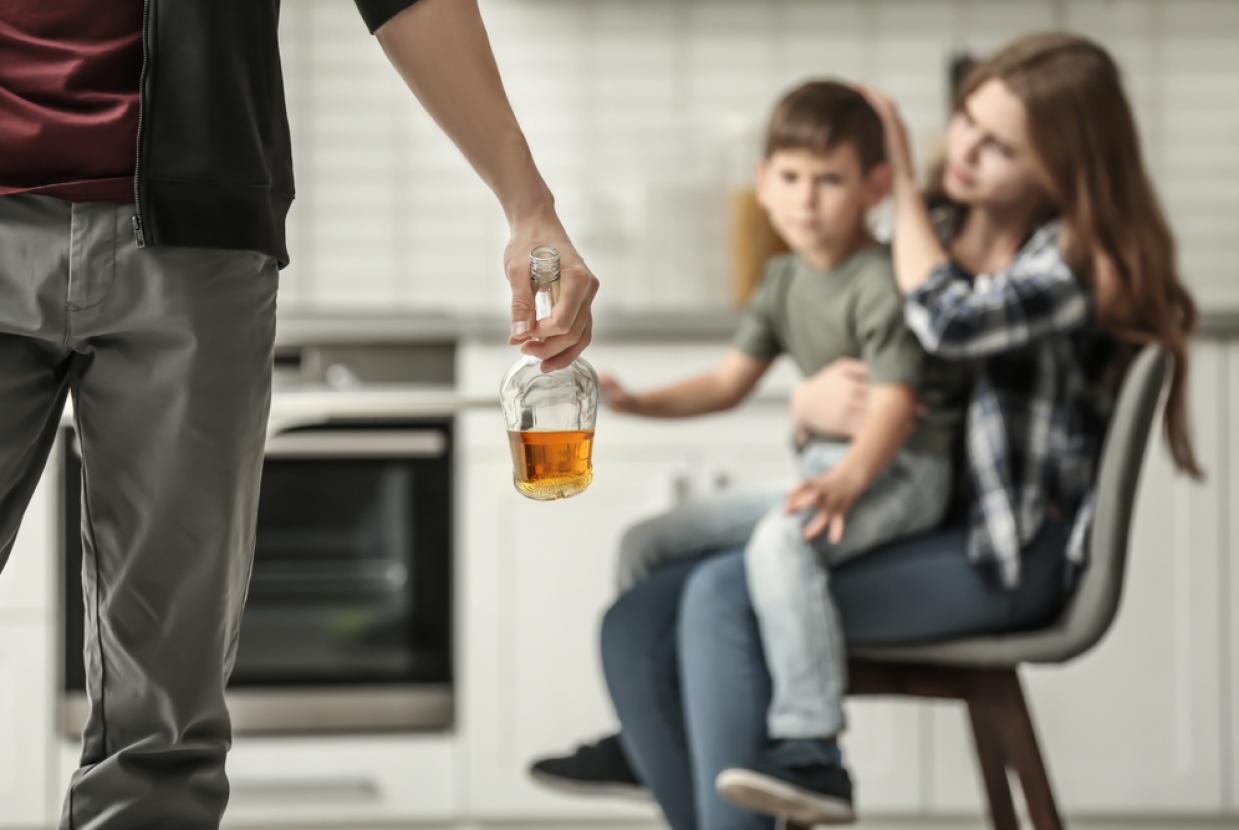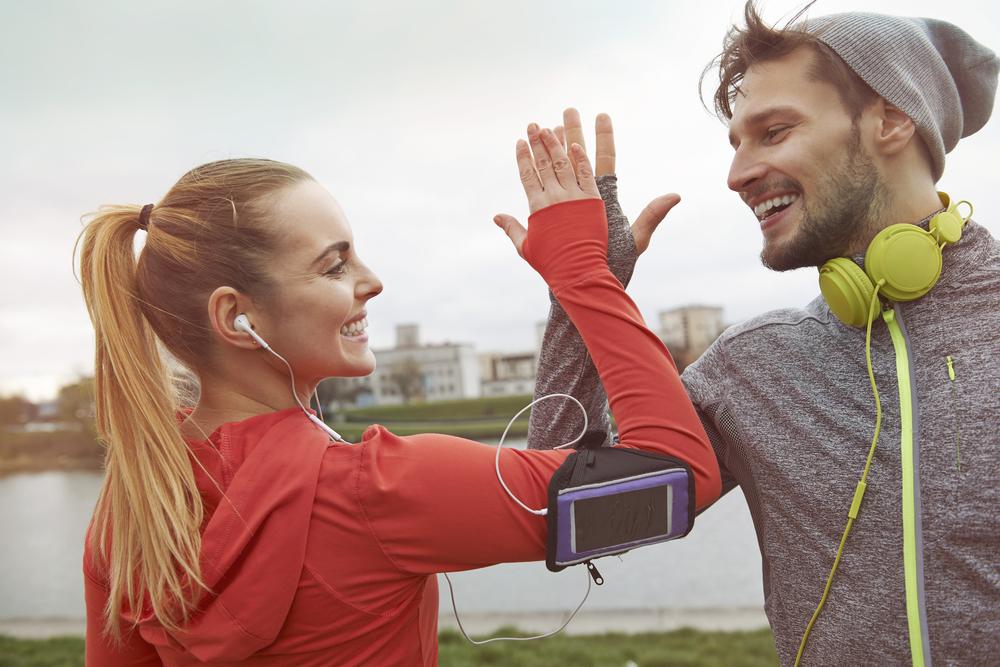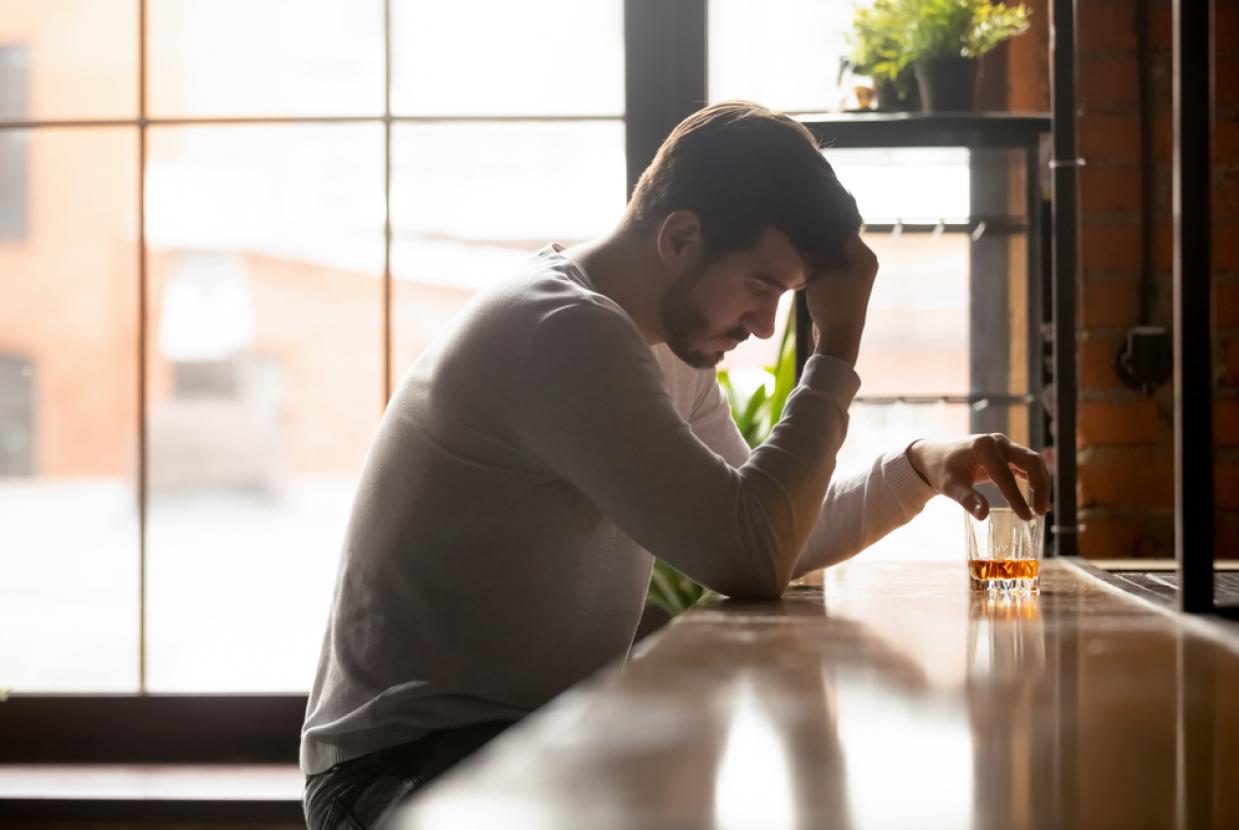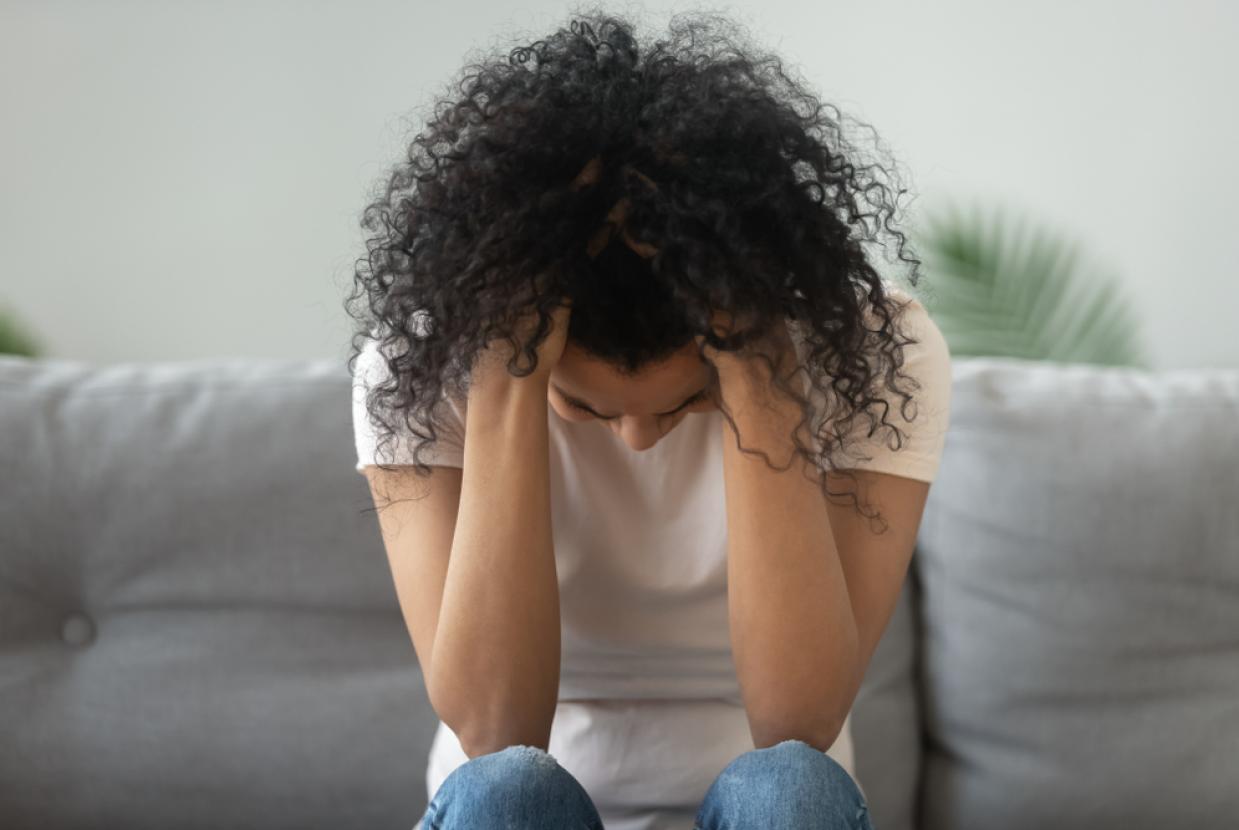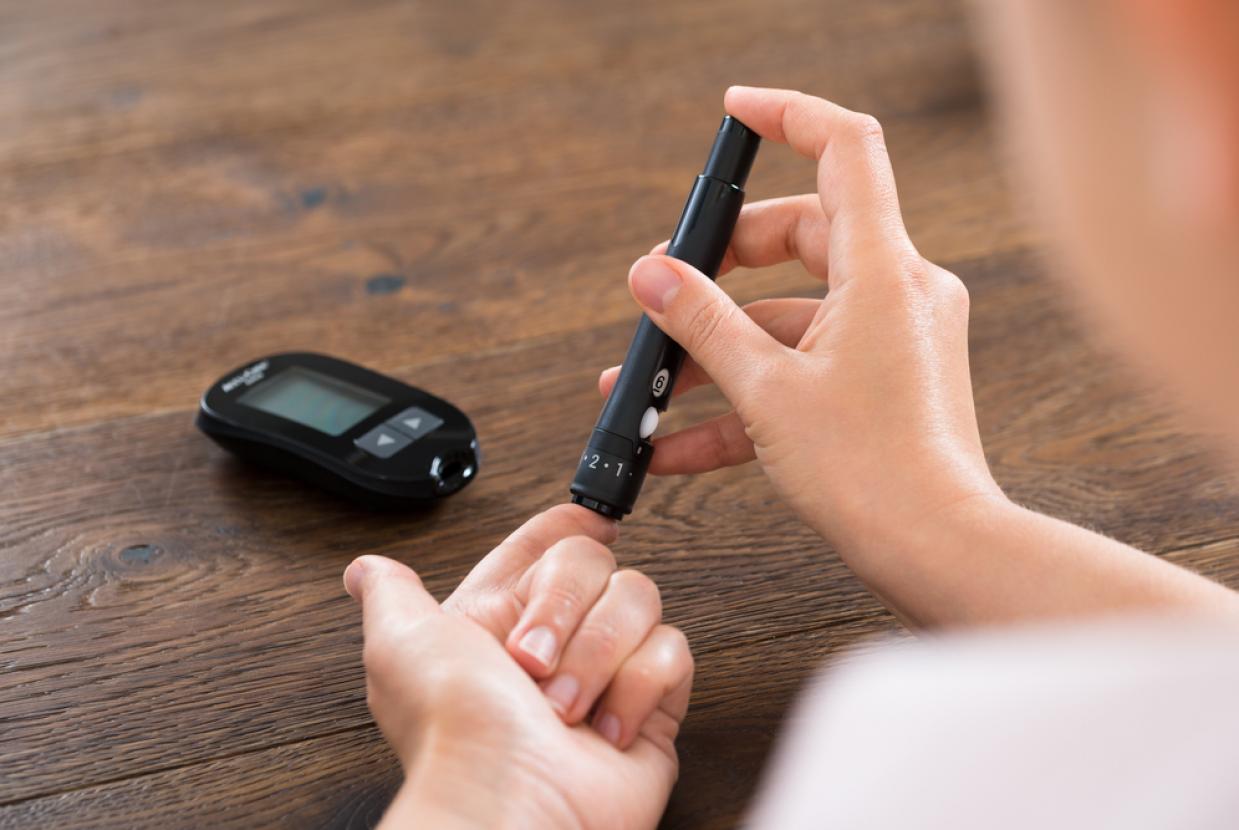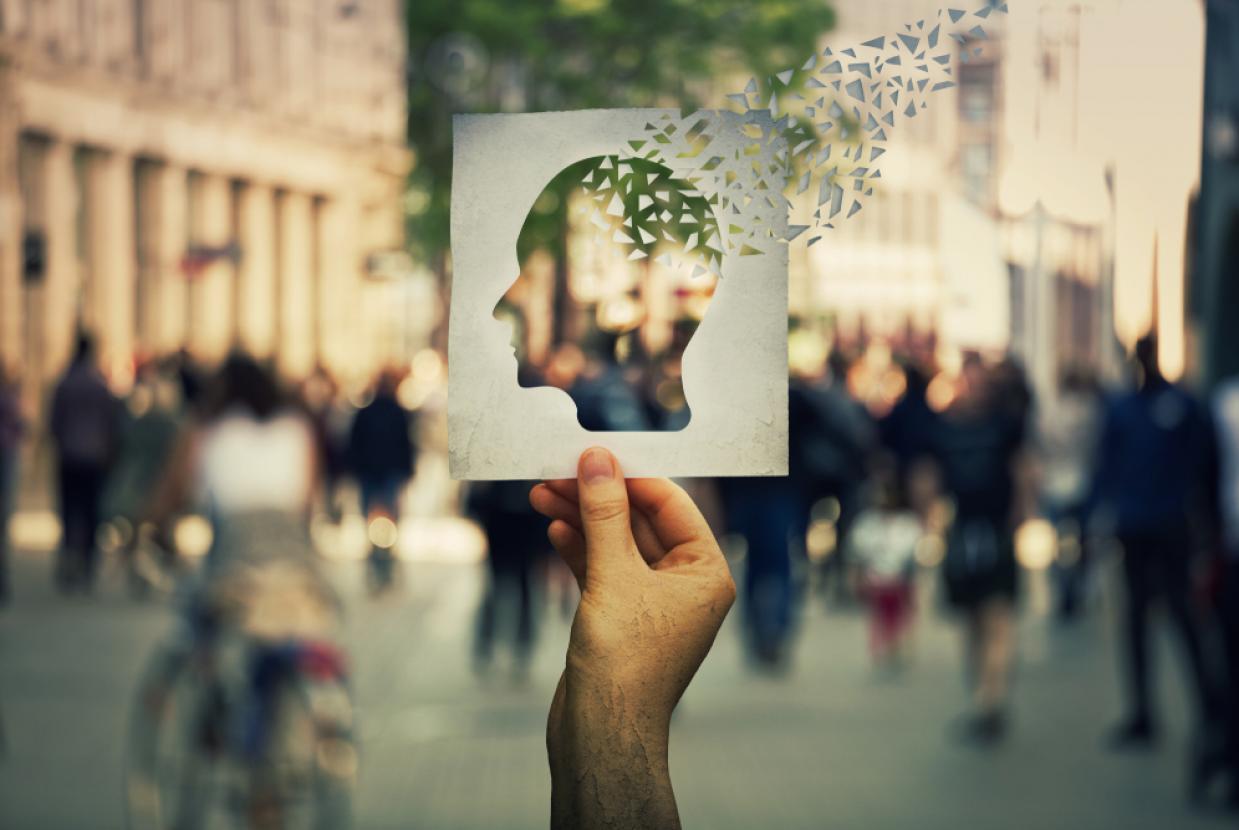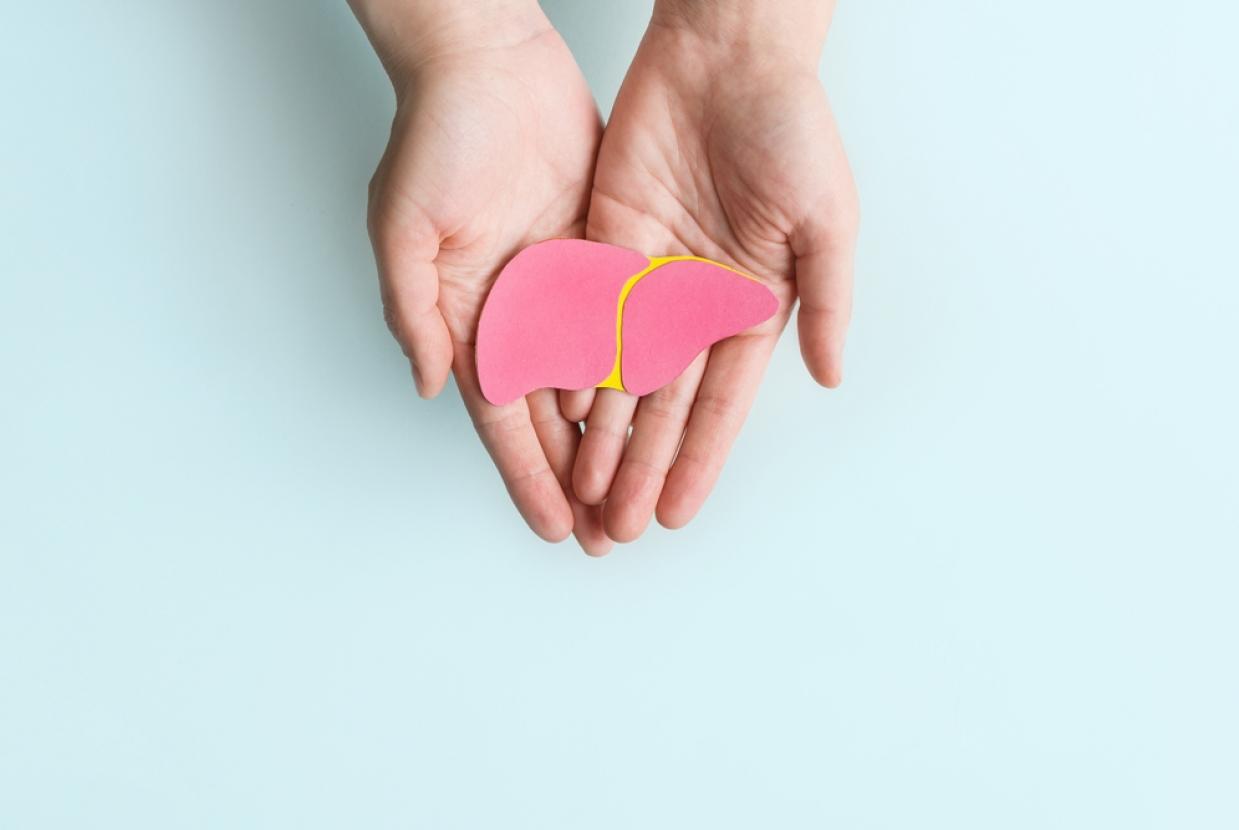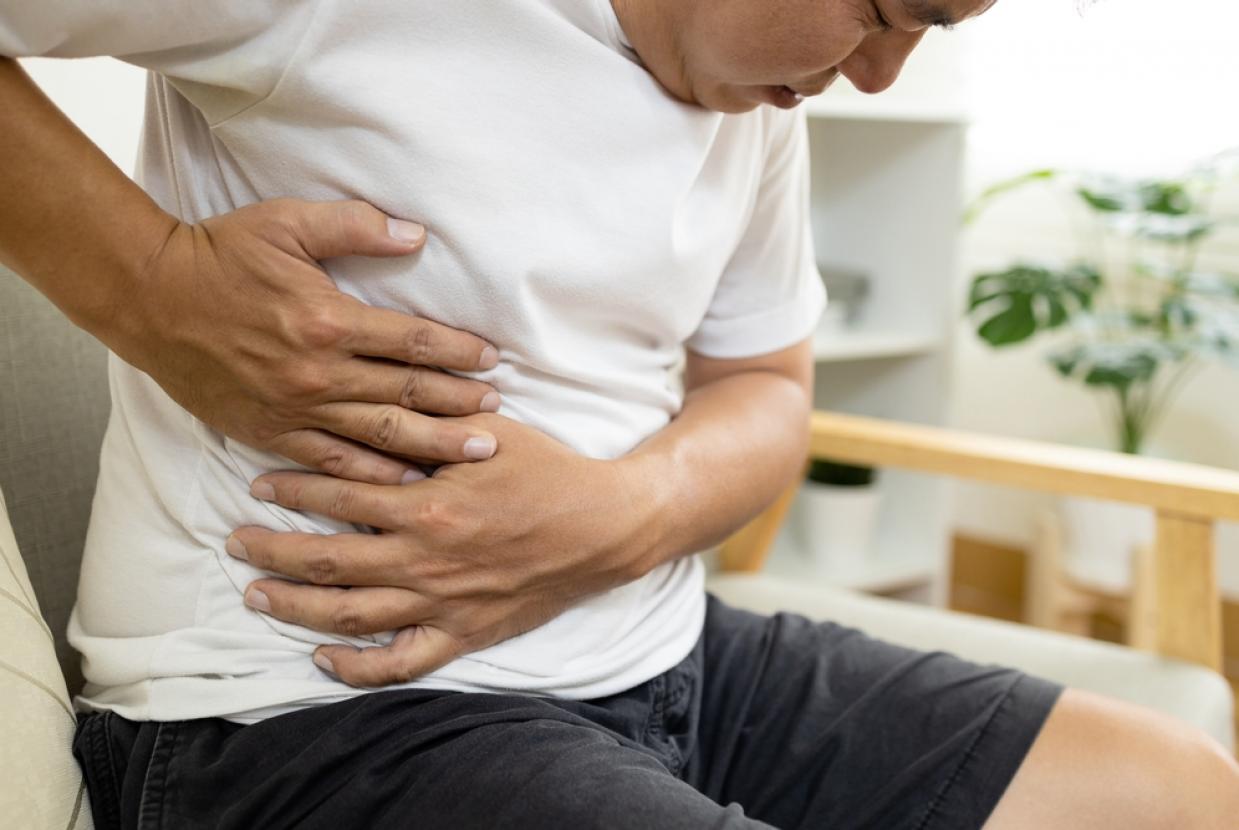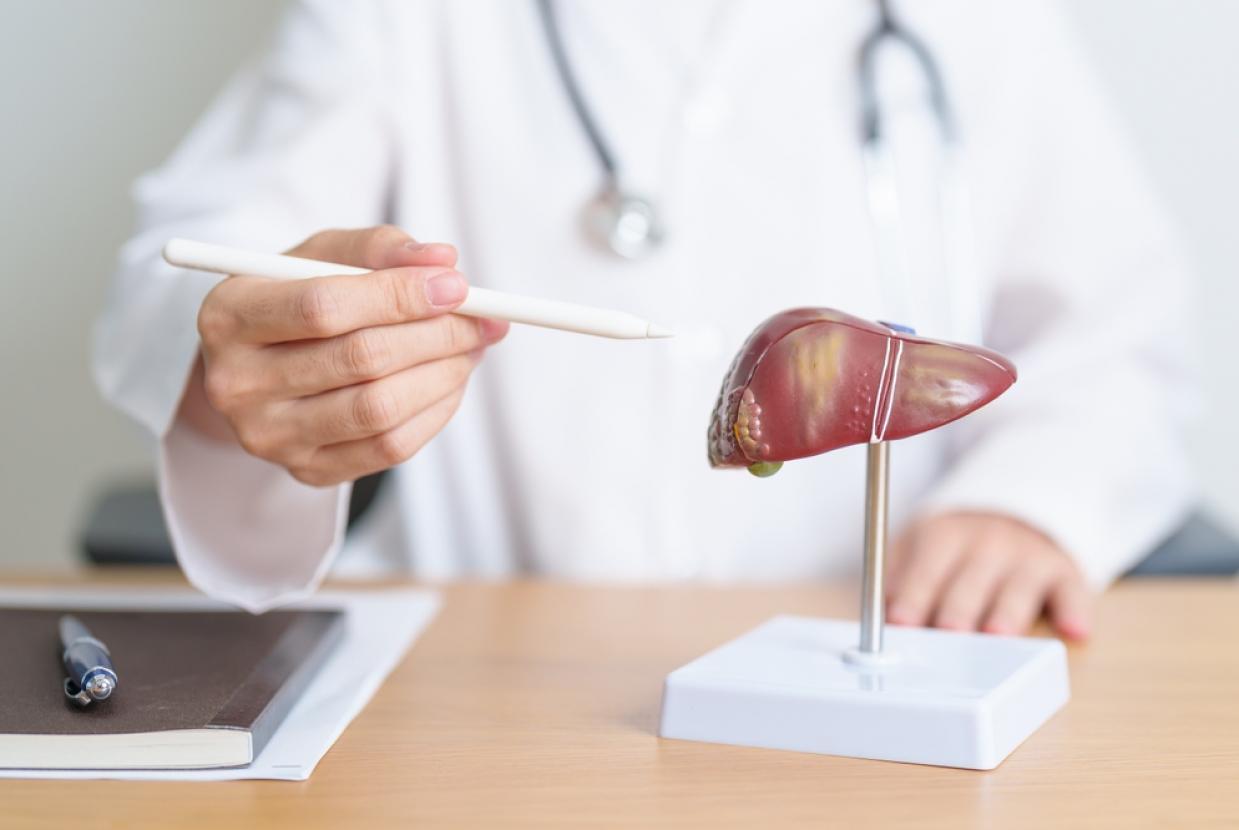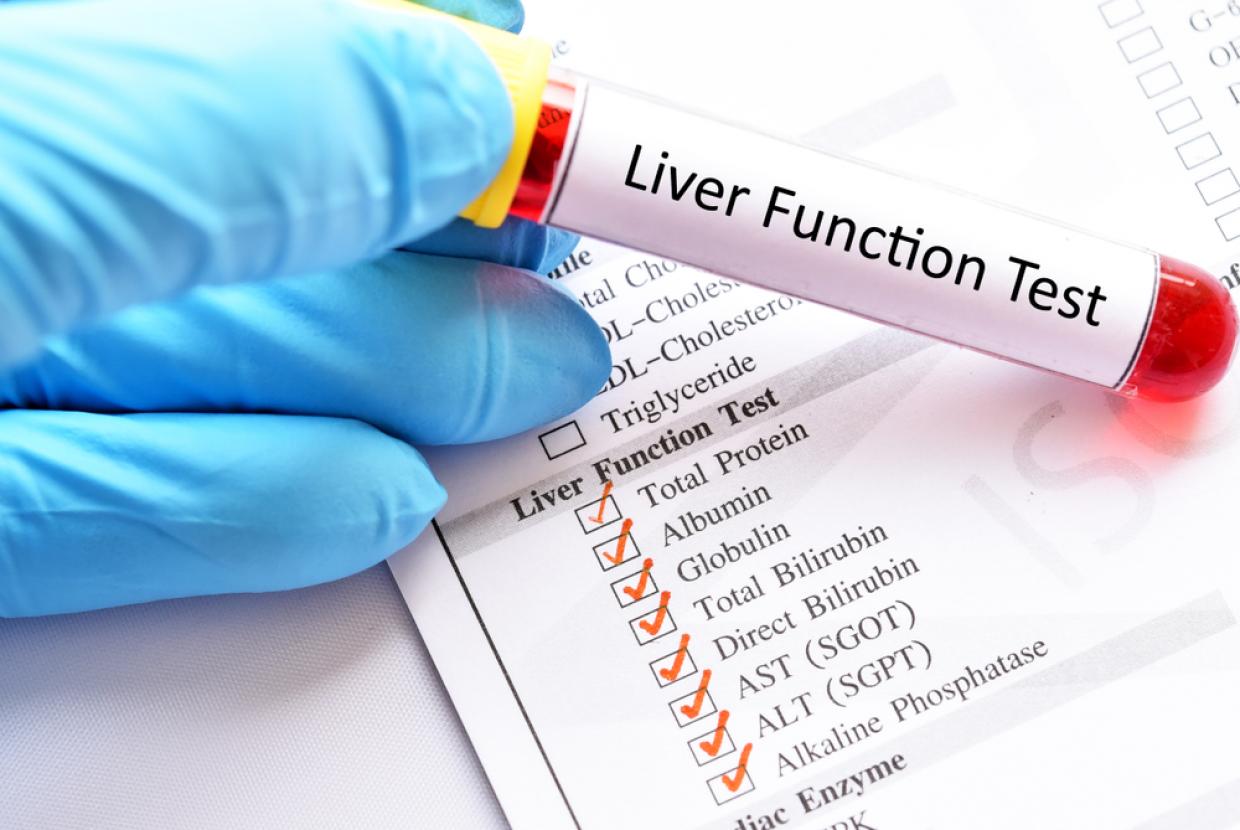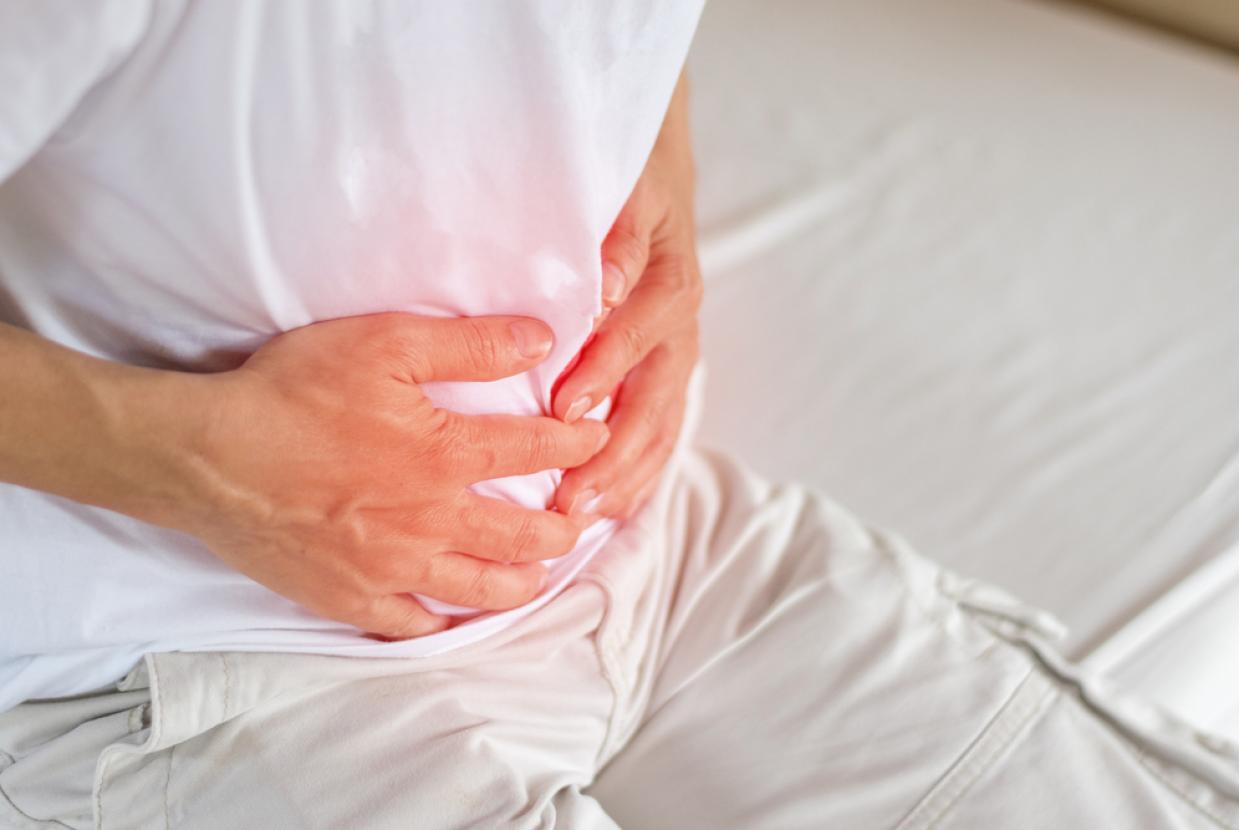Sleep Hygiene: Why Is It Important To Your Dry Month?
Alcohol Guidance / Sleeping BetterIf you’re taking on a dry month with us, chances are you’ve heard us talk about the potential benefits to your sleep. Depending on how you drank before your dry month, you may find dropping off more difficult initially, or be experiencing more vivid dreams which may be contributing to feelings of grogginess.
The relationship between alcohol and sleep can seem complex, but one thing’s for sure, practicing good sleep hygiene (things we do routinely to promote a good sleep pattern) will not only help you drop off faster but also improve your sleep quality. But what exactly is sleep hygiene and how can we put it into action?
Starting off the day right
Sleep hygiene isn’t just about how you go to bed at the end of the day. Techniques can also be applied to our morning routine to help establish our sleep-wake cycle.
It might sound obvious, but the changing of the light each day makes a difference to our sleep-wake cycles. Setting up a solid morning routine can have a huge impact on how easily we drift off at night. If you want to establish a morning routine that could help you sleep, why not try a few of these suggestions early on in your day:
- Get up at roughly the same time each morning –This will help you establish the start point of your sleep-wake cycle.
- Start off with a decent breakfast – This will kickstart your digestive system and provide energy steadily and early in the day.
- Aim to get outside in natural daylight within the first few hours of waking for a quick 20-30 minute walk each day – Exposing yourself to natural light during this time helps naturally set the sleep-wake cycle. Being active in your day also has the added bonus of improving your mood, wakefulness and concentration.
Caffeine and sleep
Many of us feel the need for a caffeine boost from time to time, but switching to decaf or stopping after mid-morning reduces the risk of caffeine disrupting your sleep later on. Remember that some popular soft drinks and herbal teas contain caffeine, so it’s always worth checking the labels if you’re not sure.
Alcohol and sleep
Alcohol affects our sleep, specifically the Rapid Eye Movement (REM) part which is responsible for how rested we feel. Although we initially drop into deep sleep after drinking, skipping the REM cycles affects the quality of our sleep and leaves us feeling more tired. So changing your evening routine to avoid a tipple before bed will help you to achieve that good night’s rest over time. And when we wake up rested and refreshed, we feel much more able to take on the challenges of the day. You can find out more about the complex relationship between alcohol and sleep here.
Exercise and sleep
Exercise is so important for our general health and wellbeing, but did you know that exercising too close to bedtime can also disrupt sleep? Aim to finish your exercise at least three or four hours before your bedtime to help tackle this.
Lack of activity during the day can be another reason we can find it difficult to drift off, as we end the day not physically tired enough. You know your own body, so try to counteract this by working in simple physical activity such as moving, short outdoor walks or even household tasks throughout the day.
Getting into good habits before bed
Just as starting off your day in the best way is crucial for your sleep-wake cycle, you won’t be surprised to hear that getting into good habits before bed and sticking to a regular schedule can also significantly boost your chance of a great night’s sleep. Why not see if you can make some of the following changes:
- Build in some wind down time into your daily routine –This helps get your body and mind used to the idea of your upcoming slumber. So, if you’re aiming for an eight-hour sleep, try to be in bed for eight and a half hours. You could try reading a few pages of a book in bed or spend 10 minutes doing a bedtime yoga exercise or gentle stretching routine.
- Practice relaxation techniques such as breathing exercises - This helps to reduce physical tension that can impact your ability to feel relaxed and ready to sleep.
- Make your room cool – This helps to create a good sleeping environment as a small drop in body temperature is needed to help sleep onset.
- Make your room properly dark - Did you know even a small amount of light in your bedroom can get through your eyelids and disrupt your melatonin levels? Blackout curtains and blinds can help with this, as well as switching your phone to sleep mode.
I can’t sleep right now. What should I do?
Practicing good sleep hygiene is all well and good, but what happens if you’re struggling with sleep right now? Here are some things you could try:
- If you’re struggling with anxious thoughts, spend five minutes jotting them down to get them out of your head. Don’t feel you need to fill up pages and pages. Just a quick line summarising what’s worrying you will do.
- If you’re still finding it hard to drop off after twenty minutes, as odd as it may sound, get up and go somewhere quiet and dark away from your bedroom. As soon as you notice yourself getting sleepy again, head back to bed and try again.
- Try not to watch the clock as this can increase feelings of anxiety. Aim to relax as much as possible. You can try this simple breathing exercise. Lie down in a comfortable position, let your feet relax and rest your hands on your tummy. Focus on your breathing, breathe in for 4 seconds and breathe out for 6 seconds. Try to breathe into where your hands are resting on your stomach. If it helps to count, do so until you fall into a steady rhythm.
How can these sleep habits help me during my dry month?
Taking on a dry month opens up the possibility to experience some significant improvements in sleep, and this is boosted by working on our sleep habits.
After a refreshing rest you’ve got more energy to challenge yourself to take on something new or deal with the day’s ups and downs – whether that’s staying dry for the day or dealing with a demanding task. You may also have more energy to challenge your usual thought patterns, which could be seriously handy if you experience a craving to drink. And if you’ve rested up, you’re also more likely to be feeling emotionally balanced and robust. In short, if you’re waking up on the right side of the bed more, you might just give yourself the best foundation for success on your challenge.
Just remember, it can take time to establish a good routine and train your sleep-wake cycle, so be patient with yourself if you don’t see immediate results. Good luck and we hope you’re feeling refreshed in no time!
- Click here to view our Alcohol Guidance content.
- Click here to view our Sleeping Better content.


